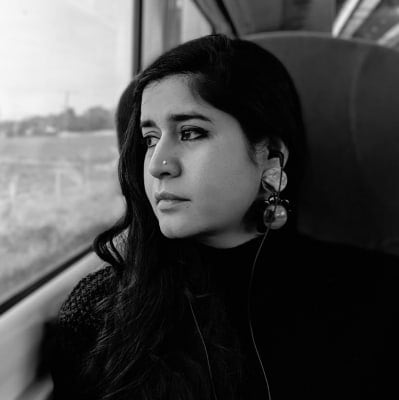New Delhi, Jan 30 : An ex-bandit fights the silence of prison life with her notebook and pen; a family remembers the night their younger son was arrested for rape and murder; a woman finds out from her fellow prisoners that shes been given the death penalty.
Between 2013 and 2016, Project 39A, a research and litigation study based out of National Law University, Delhi, conducted interviews with death-row prisoners and their families. These interviews became the basis for the “Death Penalty India Report, 2016”, a first-its-kind empirical study on the socio-economic profile of death-row prisoners and their interaction with the criminal justice system.
But the study also revealed something else. It brought to light the deeply human and personal stories of very real people and a snapshot of their fluctuating realities.
Based on these interviews, “The Punished: Stories of Death-Row Prisoners in India” (HarperCollins) comprises 19 of those stories by writer, researcher, and filmmaker Jahnavi Misra. Profoundly moving and illuminating, the book takes the reader on a journey into the lives and minds of men and women often demonised by society and discarded by the State.
Misra has a PhD in English literature from Durham University, UK, and her current research work focuses on the ways in which feminist philosophy interacts with feminine sexuality. Her short stories, creative nonfiction pieces and academic work have appeared in various print and online journals over the years. Her interests in filmmaking lie mostly in animation. Her latest animation film is about the death penalty in India and has won accolades in multiple film festivals around the world. She can often be found enjoying a horror film with a glass of wine and a slice of pizza.
Project 39A is inspired by Article 39A of the Constitution, a provision that furthers the intertwined values of equal justice and equal opportunity by removing economic and social barriers. These are constitutional values of immense importance, given the manner in which multiple disparities intersect to exclude vast sections of our society from effectively accessing justice. Using empirical research to re-examine practices and policies in the criminal justice system, Project 39A aims to trigger new conversations on legal aid, torture, forensics, mental health in prisons and the death penalty.
–IANS
vm/in

